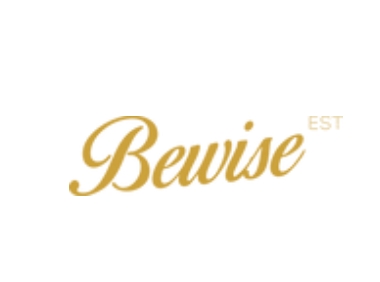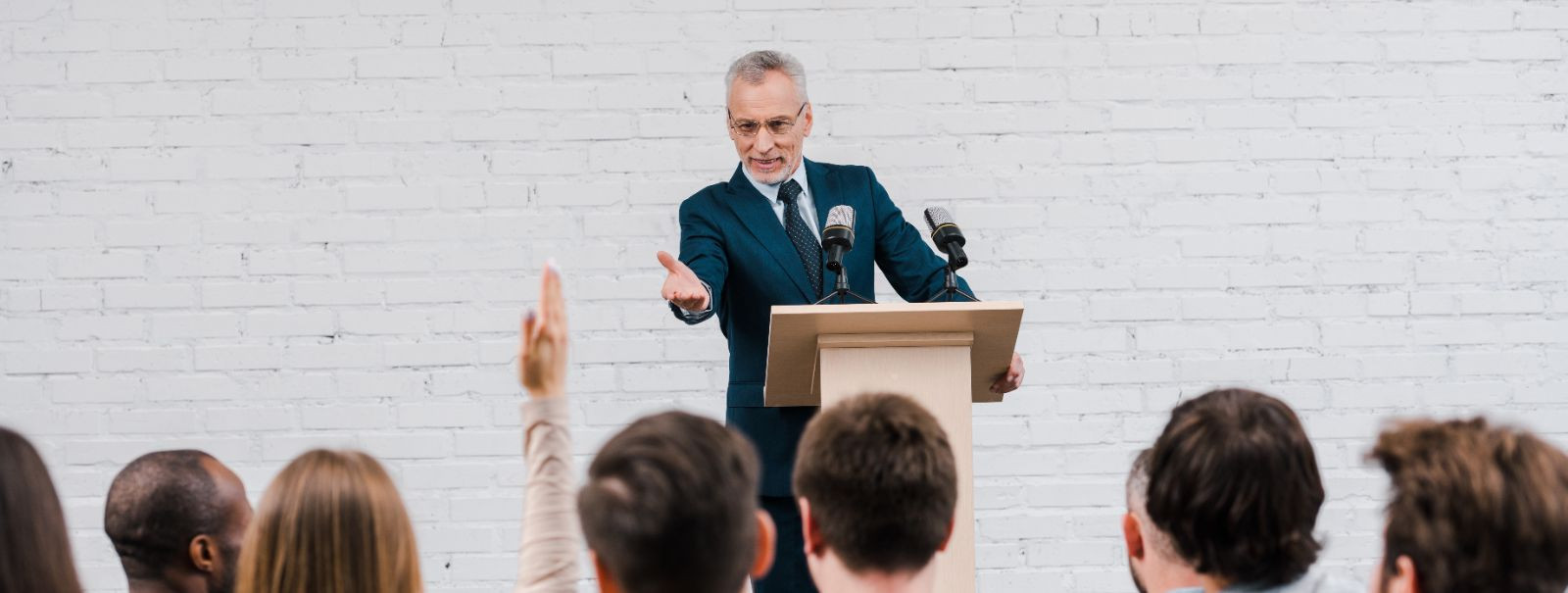The art of collaboration: building stronger teams
Teamwork is the cornerstone of any successful organization. It is the collective effort of individuals working together towards a common goal, leveraging diverse skills and perspectives. In today's fast-paced business environment, the ability to collaborate effectively can be the difference between success and failure.
Despite its importance, collaboration is not without its challenges. Miscommunication, conflicting personalities, and unclear objectives can all hinder the effectiveness of a team. Understanding these challenges is the first step towards overcoming them and building a stronger team.
Essential Elements of Effective Collaboration
Clear and concise communication is vital for collaboration. It ensures that everyone is on the same page and understands their roles and the team's objectives. Effective communication also involves active listening and the ability to give and receive feedback constructively.
For a team to function smoothly, each member must understand their specific role and responsibilities. This clarity prevents overlap of duties and ensures that all tasks are covered.
Trust is the foundation of any strong relationship, including those within a team. When team members trust each other, they are more likely to share ideas and take risks. Respect for each other's abilities and contributions also fosters a positive team environment.
Diversity in a team brings a wealth of perspectives and ideas, which can lead to innovative solutions. Embracing diversity means recognizing and valuing the unique contributions of each team member.
Teams that are adaptable and flexible can respond quickly to changes and challenges. This agility is crucial for maintaining momentum and achieving goals.
Strategies for Enhancing Team Collaboration
Common goals unite team members and provide a clear direction. These goals should be specific, measurable, achievable, relevant, and time-bound (SMART).
Technology can greatly enhance collaboration, especially for teams that are not co-located. Tools such as project management software, video conferencing, and collaborative platforms can help keep everyone connected and on track.
Open dialogue encourages the sharing of ideas and feedback. It creates an environment where team members feel valued and heard, which can lead to greater innovation and problem-solving.
A collaborative culture is one where teamwork is encouraged and rewarded. Leaders play a key role in fostering this culture by modeling collaborative behavior and recognizing team achievements.
Recognizing and celebrating the successes of the team reinforces the value of collaboration and motivates team members to continue working together effectively.
Developing Leadership Skills for Better Collaboration
Leaders who collaborate effectively inspire their teams to do the same. Leading by example involves demonstrating commitment to the team's goals and being an active participant in the collaborative process.
Engaged teams are more productive and collaborative. Leaders can facilitate engagement by ensuring that team members feel their work is meaningful and that they have the resources they need to succeed.
Feedback is essential for growth and improvement. Leaders should provide feedback that is specific, timely, and geared towards helping team members develop their skills and achieve their objectives.
Teams that are committed to continuous learning are better equipped to adapt and innovate. Leaders can encourage this by providing opportunities for professional development and fostering a culture of curiosity and improvement.






Comments (0)